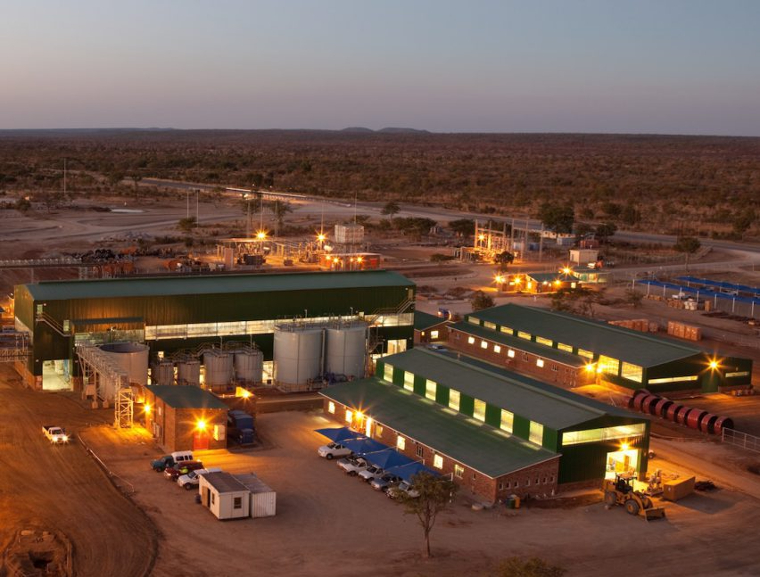What are royalties?
Royalties are a form of government revenue derived by applying a percentage fee to the gross market value of mineral revenue. In Zimbabwe, all minerals have a fixed royalty rate, differentiated according to value. The highest rate applies to diamonds and other precious stones, at 10%, platinum at 5%, base, and industrial metals at 2%, and coal at 1%. Gold is the only mineral that attracts a flexible royalty rate of 5% if the international market price is above US$1 200 per ounce, and below that, 3%.
This only applies to large-scale miners since artisanal and small-scale mining enjoys a fixed 1% preferential rate. Royalty revenue from mining is more predictable because it is precipitated by the marketing of minerals, therefore, payable whether profits are generated or not. That is why mining royalties are deemed less prone to aggressive accounting techniques used to dodge income tax obligations unethically or illegally.
Local value addition and beneficiation of minerals are incentivised in the MMAB through a full rebate on minerals consumed in Zimbabwe. Further, a proportionate rebate on royalties is given to approved mineral beneficiation plants. The government is trying to use the carrot approach to miners on beneficiation and value addition of minerals. This increases the government’s tools as the stick approach is also used by the Finance Act. In this instance, export taxes on raw and semi-processed minerals are applied.
On the surface, by giving royalty rebates, it appears that the government is foregoing revenue that is essential for boosting public expenditure to improve the quality of basic public health and education services. Using royalties as an incentive for industrialisation, the government is taking the strategy of feeding the cows to milk more. Increased value addition of minerals offers several economic benefits from mining. Right now, minerals have been exported predominantly raw or semi-processed. Apart from improving the country’s taxable capacity, industrialisation creates more jobs, earns more foreign currency, and enhances better skills development, coupled with the attendant growth of tertiary industries like banking and finance.
Continued next page
(150 VIEWS)


